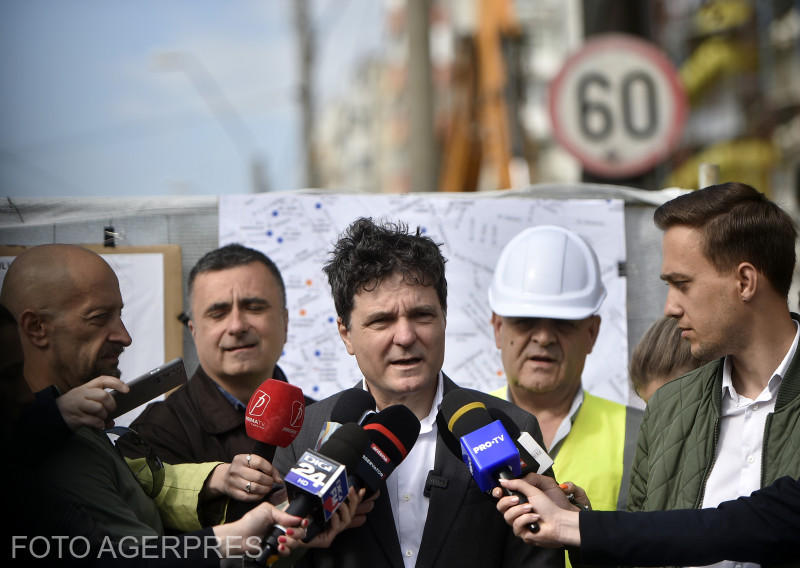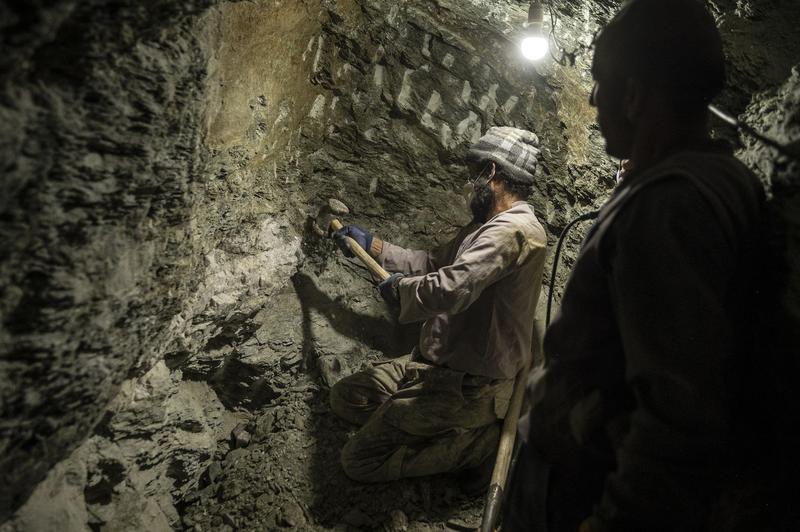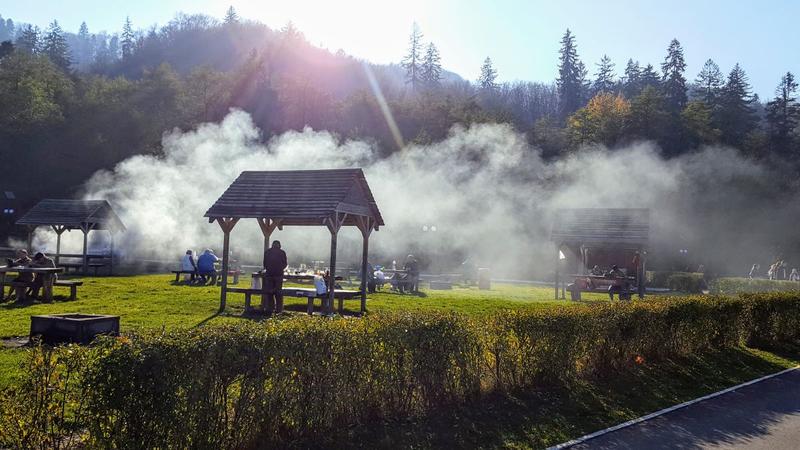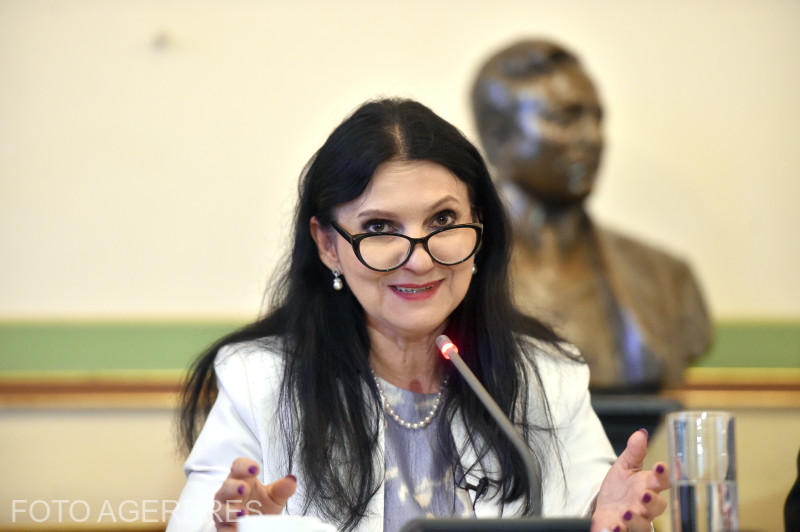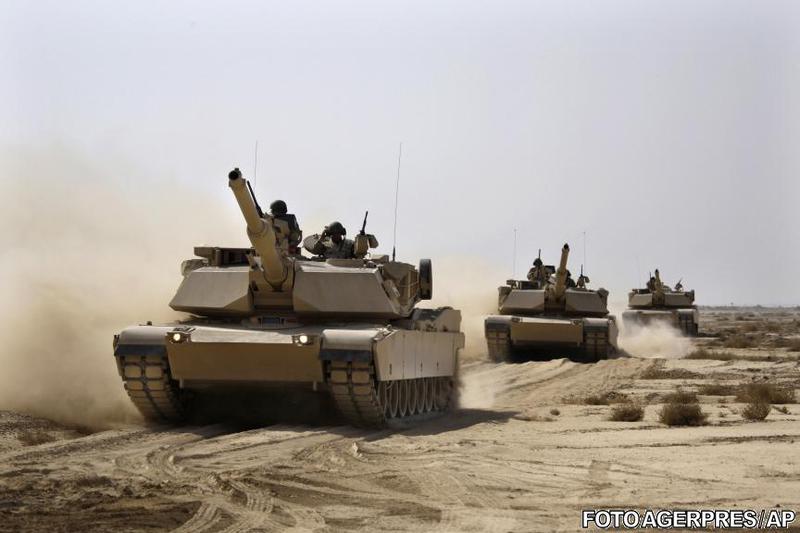A very tough report of the European Commission on Romania's Justice system this week and the unexpected visit to Bucharest of the British Foreign minister were just as many cold showers for the people now in power in Bucharest. Their immediate effect was a decision by the Parliament to maintain a rule that 50%+1 of the registered voters have to cast their ballots in a referendum to dismiss suspended President Traian Basescu late this month. As a long term effect, the signals mean something else as well: Romania is no longer by itself in a world which invested in it both economically and geo-strategically.
Let's recall the June 13-15, 1990 violent "miner's crusade" to crush demonstrations in Bucharest: the Western condemnation of the events was accompanied by a years-long period of almost total isolation. The political and diplomatic isolation overlapped with the absence of any foreign capital. Bucharest was not the place to be for them.
Now, the framework is completely changed.
Romania is part of the EU and the EU knows it has to preserve investments made by European capital in Romania. Pressure by large business groups on Brussels is there even though the public at large cannot see it. The EU also knows it has to fight to preserve fundamental freedoms in Romania and for the rule of law. Unless it manages to do so, it risks becoming the laughing stock globally, as a political entity unable to keep in check its own members and thus even less capable to preach democracy elsewhere.
Romania is also part of an essential energy project for the EU: Nabucco. Born with pain and despite resistance or non-combat from some of the member states, the Nabucco project is the real, palpable stake. A misstep by Bucharest from the common path would mean sentencing the pipeline which cuts some of Russia's aces in its relationship with the EU. A coincidence of note: the suspension of the top three people in Romania's structures came less than a week following an official announcement on Nabucco.
But probably the most important element keeping Romania stuck to the West is the missile shield. The pro-Atlantic option of Traian Basescu's Administration was rewarded by the US and NATO with the inclusion of Romania in the missile shield project, which at the Chicago Summit was declared a NATO capacity. Any misstep from the project is unacceptable for the allied partners. No matter how convenient it is for Russia to maintain global troubles - which generate oil price rises and implicitly more money to its own budget - there are barriers that cannot be crossed.
I had said in a previous article, at the beginning of the political crisis in Bucharest, that the West was in deep silence about the assault on Romanian institutions, just as it was silent in the case of Hungary. The past two weeks showed, however, an unprecedented wave of sentencing reactions, culminating with the European Commission report which uses very harsh terms regarding the political power in Romania. And the unannounced - but expected in political circles - visit to Bucharest of British minister William Hague shows an essential signal on the long-ridiculed Bucharest-London-Bucharest axis: the NATO interests are real and deep.
The Romanian governing power's stepping back these days - while partial and accompanied by a consistent extension of voting time at the referendum to dismiss the President - shows that foreign reactions and pressure have managed to accomplish something. Details of the backstage negotiations will remain unknown for long, but it is clear that the nationalist, anti-Western speech of some of the leaders in Bucharest has not intimidated foreign partners. At most, they supplemented their caution about the intentions of the authorities in Bucharest.
